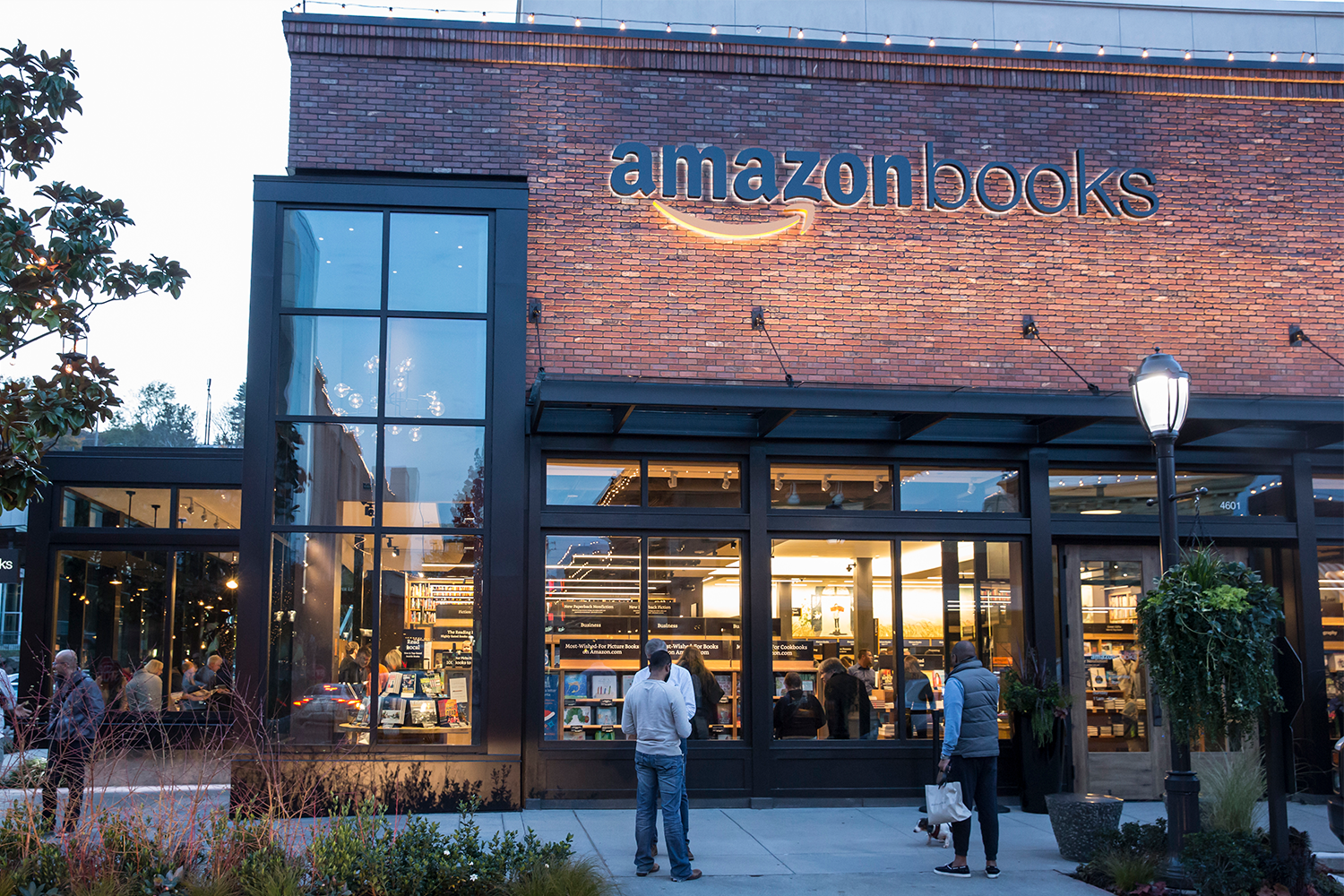When Amazon opened its first brick-and-mortar bookstore in Seattle in 2015, it was a twist of the knife. Jeff Bezos had started the company in the ‘90s hoping to be “Earth’s biggest bookstore,” and in undercutting the prices at physical bookstores, from chains to independent shops, Amazon had succeeded in driving many out of business. Then by the mid-2010s, it wanted to take their place in the real world as well as online.
Now, Amazon has finally realized the problem they’ve created. As Reuters reports, the company is closing all of its physical bookstores, as well as its Pop Up and 4-star stores, in the U.S. and U.K. — 68 stores in total.
While Amazon says it will be focusing more “on its grocery markets and a department store concept going forward,” as Reuters notes, the main issue here seems to be that the company is coming to the realization that physical bookstores are not as profitable as the ever-expanding tech monolith would like them to be.
“… the company’s innovations were not enough to counter the march toward online shopping that Amazon itself had set off,” the outlet writes. “Its ‘physical stores’ revenue — a mere 3% of Amazon’s $137 billion in sales last quarter, largely reflective of consumer spending at its Whole Foods subsidiary — has often failed to keep pace with growth in the retailer’s other businesses.”
Additionally, while Amazon has spent time and money dabbling in the brick-and-mortar bookstore space, the surviving bookstores are fighting back on two fronts. In the physical world, independent bookstores are selling themselves as the anti-Amazon, focusing on things like the in-store events, the local-economy angle and booksellers offering personal recommendations; on the flip side there’s Barnes & Noble, which is taking its own indie-angle under relatively new ownership, and that pivot appears promising. Meanwhile online, the website Bookshop has been offering itself up as a similarly easy online bookstore for both consumers and websites interested in linking to a place where readers can buy books, except it’s founded on a mission of supporting independent bookstores.
Today, Amazon has worked its way into so many facets of our lives, from shipping people essential products to hosting the websites where people get their news. But it looks like replacing your local bookstore with one of its own was a bridge too far.
In honor of this development, take time this weekend to visit your local bookstore, meet a local bookseller and buy a real book. Bonus: There’s no waiting for it to ship.
Thanks for reading InsideHook. Sign up for our daily newsletter and be in the know.
